
DDD Blog
Our thoughts and insights on machine learning and artificial intelligence applications
Welcome to Digital Divide Data’s (DDD) blog, fully dedicated to Machine Learning trends and resources, new data technologies, data training experiences, and the latest news in the areas of Deep Learning, Optical Character Recognition, Computer Vision, Natural Learning Processing, and more.
For Artificial Intelligence (AI) professionals, adding the latest machine learning blog or two to your reading list will help you get updates on industry news and trends.
Get early access to our blogs
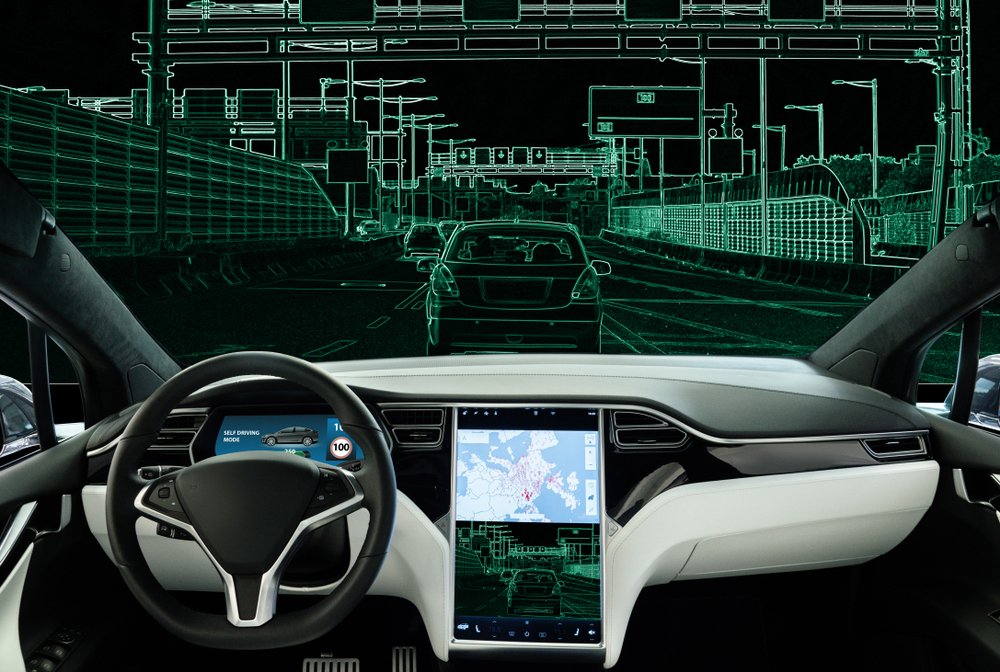
Developing Effective Synthetic Data Pipelines for Autonomous Driving
In this blog, we will explore how to develop an effective synthetic data pipeline for autonomous driving, breaking down the key components, best practices, and future trends shaping this innovative approach.

Digital Twin For Autonomous Driving: Data Collection & Validation, Major Challenges & Solutions
In this blog we will discuss digital twin for autonomous driving, leveraging data collection and validation, associated challenges, and their solutions.
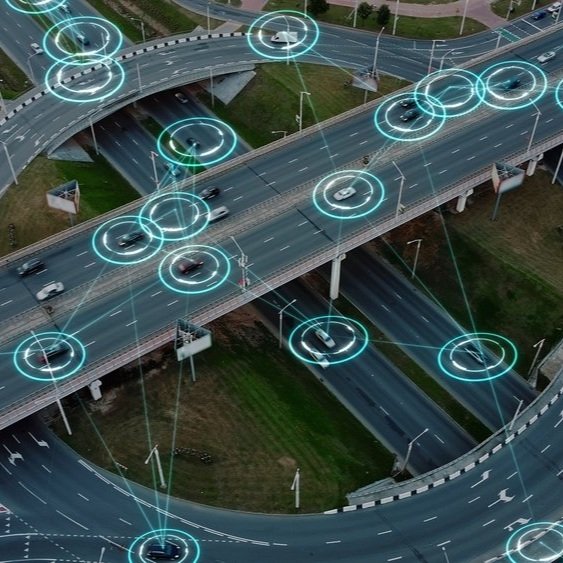
The Role of HD Mapping in Autonomous Driving: Use Cases and Techniques
In this blog, we will explore the importance of HD mapping in autonomous driving, and its various capabilities and techniques.
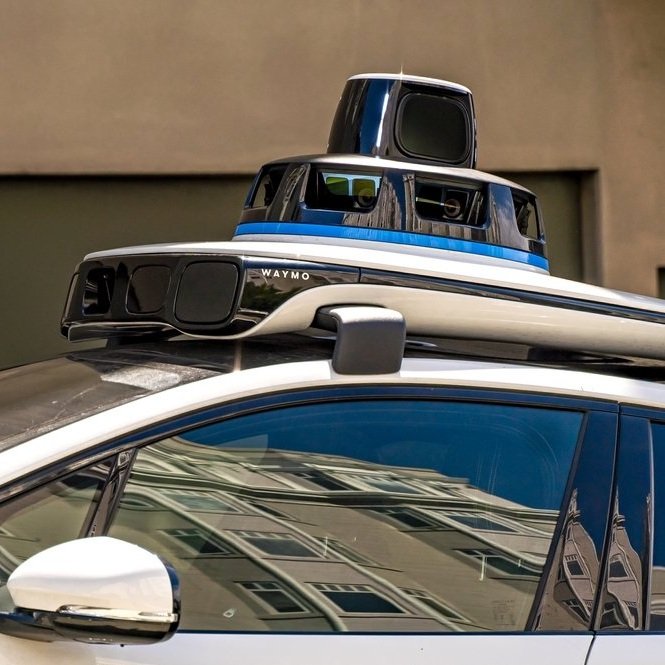
LiDAR Annotation For Autonomous Driving Enhancing Vehicle Perception
Let’s dig deeper into the significance of LiDAR annotation for autonomous driving, inspect the ways in which it’s implemented, and discuss its challenges and role in creating autonomous vehicles.
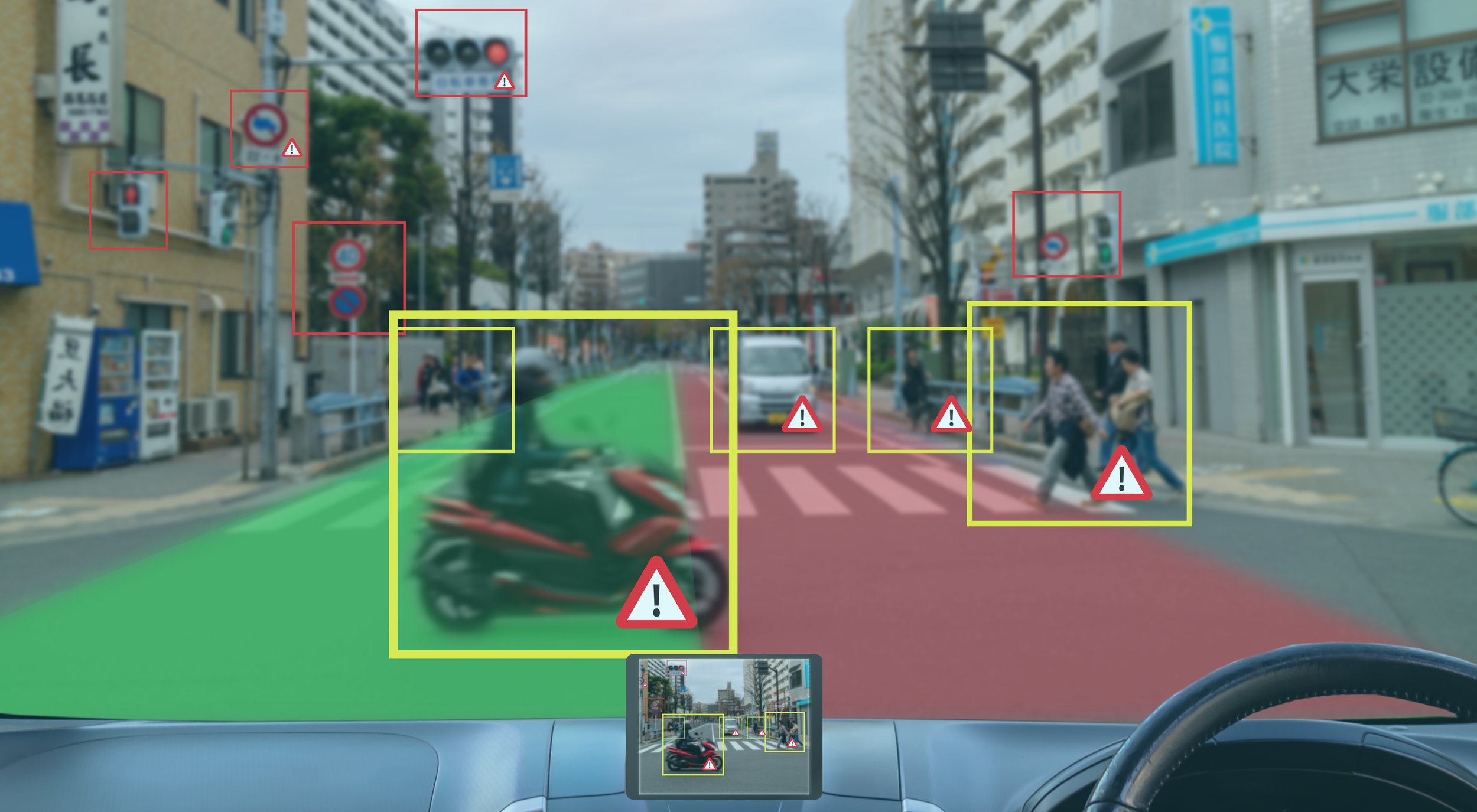
Mastering Data Annotations Techniques for Autonomous Driving: Key Types & Guidelines
In this blog, we will dig deeper into the various types of data annotation techniques for autonomous driving and the best guidelines to follow.

The Crucial Link Between Data Annotation and Autonomous Cruise Control Systems
In this blog, we will explore the interlinking of data annotation with autonomous cruise control in autonomous vehicles, its various annotation techniques, and associated challenges.
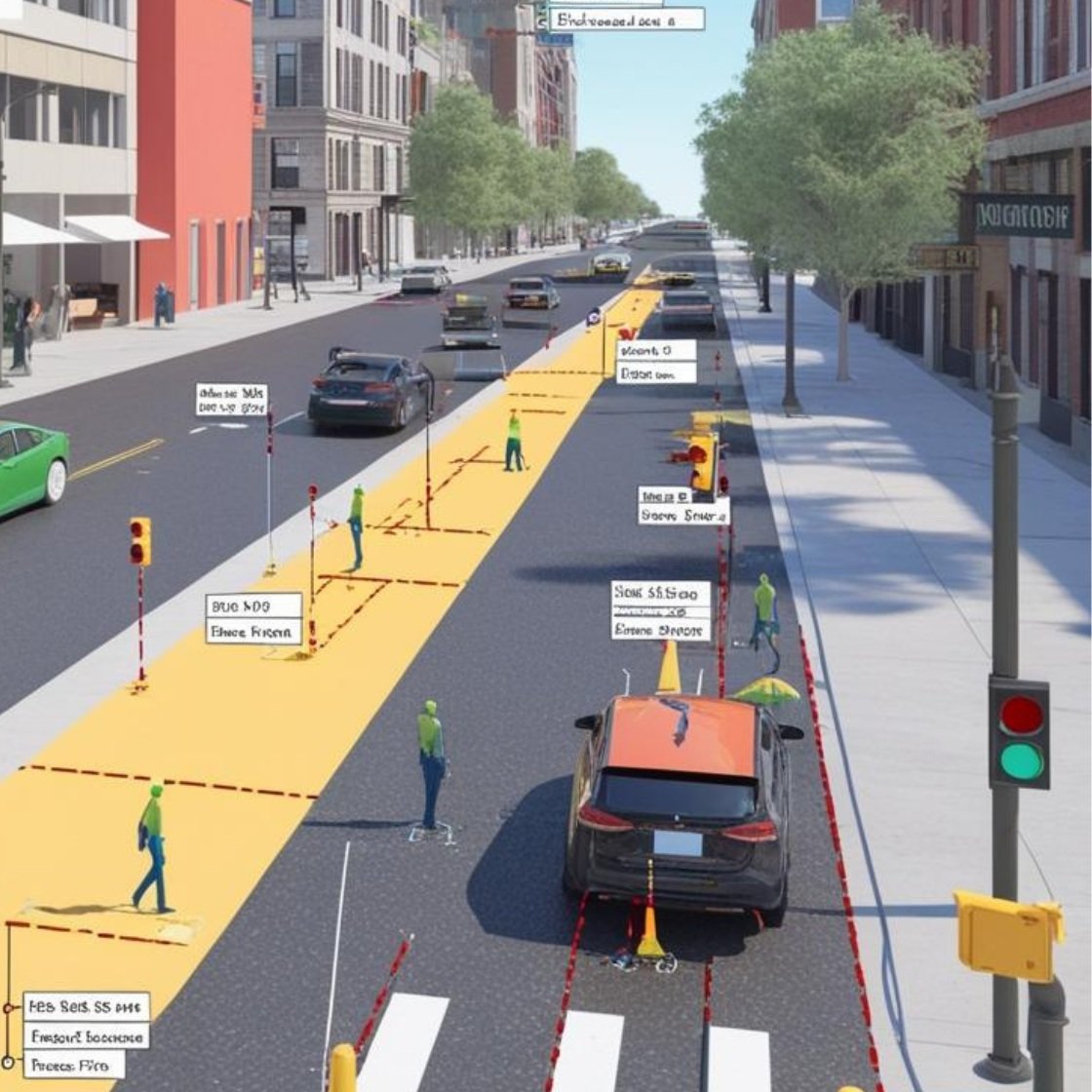
Ground Truth Data in Autonomous Driving - Challenges and Solutions
Why ground truth data for autonomous driving is critical and exploring various associated challenges and solutions.
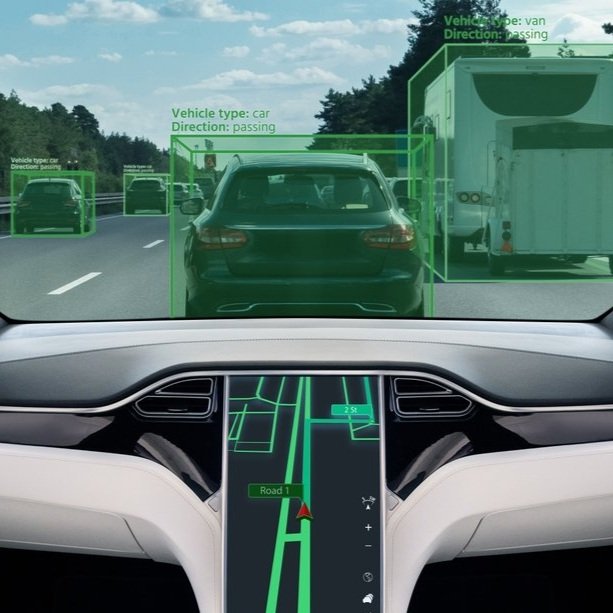
Video Annotation for Autonomous Driving: Key Techniques and Benefits
In this blog, we explore important aspects of video annotation for autonomous driving, its various techniques, and how it’s implemented for training ADAS models.
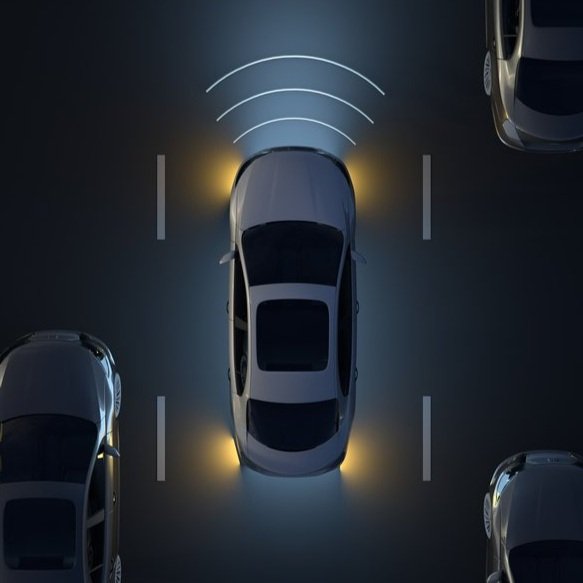
Multi-Sensor Data Fusion in Autonomous Vehicles — Challenges and Solutions
In this blog, we will discuss some of the challenges in fusing data from different sensors. At the same time, explore scalable recommendations on how to combine these technologies, and explain why fusing multiple sensors is important for autonomous driving.

The Critical Role of Data Annotation in Autonomous Vehicle Safety
In this blog, we will explore the critical role of data annotation in autonomous driving, Challenges and Future Directions, and different applications in data preparation.

The Role of Digital Twins in Reducing Environmental Impact of Autonomous Driving
In this blog, we will explore how the adoption of digital twin technology is being utilized to reduce environmental such as rising societal demand for energy efficiency and lower emissions.
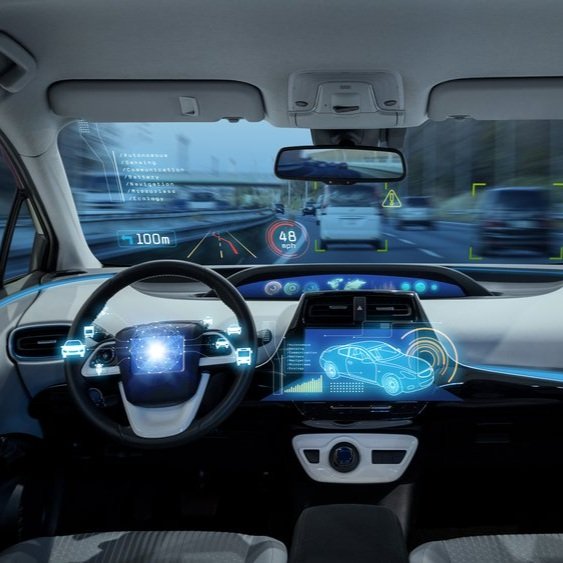
Enhancing In-Cabin Monitoring Systems for Autonomous Vehicles with Data Annotation
In this blog, we will learn how driver monitoring systems work, what type of data is collected, and discuss the data annotation process for in-cabin monitoring systems.
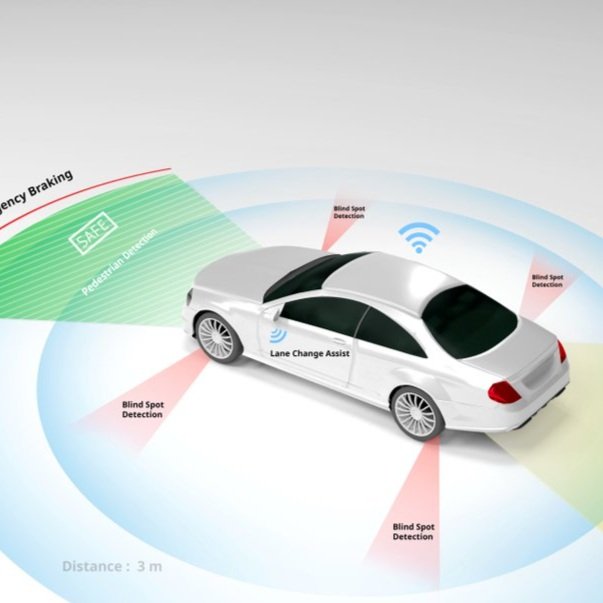
Utilizing Multi-sensor Data Annotation To Improve Autonomous Driving Efficiency
In this blog, we will briefly discuss the implementation of LiDAR, radar, and cameras in autonomous driving and how to improve AD efficiency using multi-sensor data annotation.
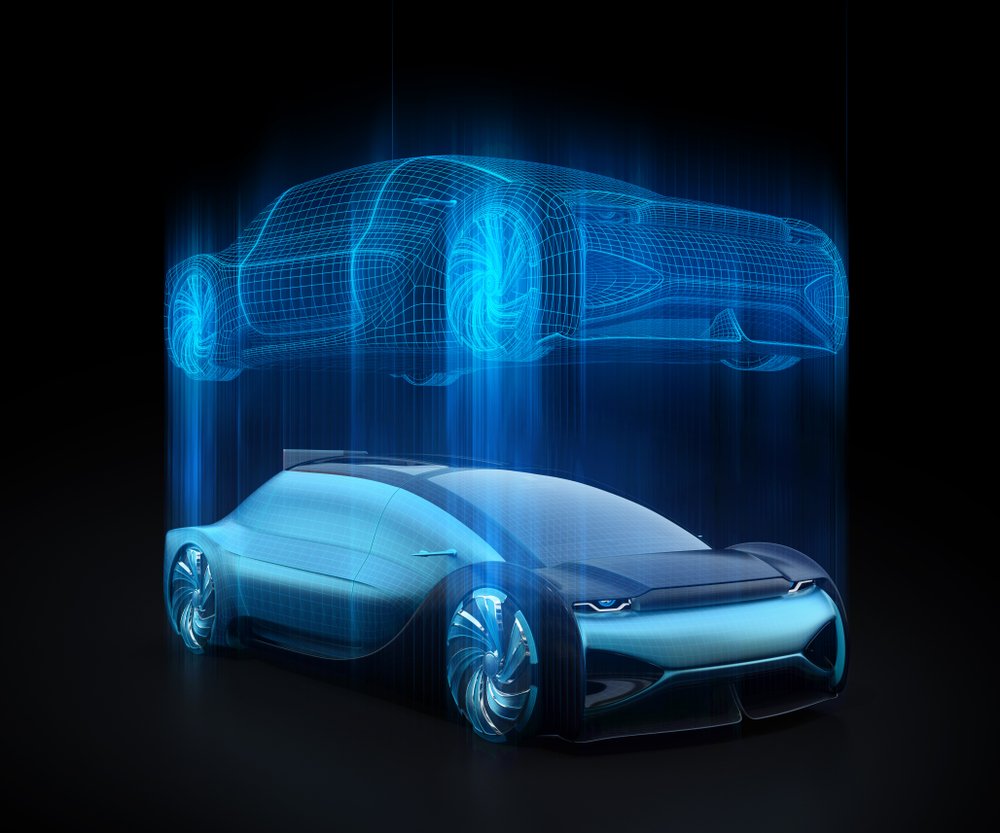
Top 8 Use Cases of Digital Twin in Autonomous Driving
This blog presents the top 8 use cases of Digital Twin in the automotive industry and how it’s driving various technologies worldwide.

The Role of Data Annotation in Building Autonomous Vehicles
This article covers the importance of data annotation in building autonomous vehicles and how it’s revolutionizing the industry.
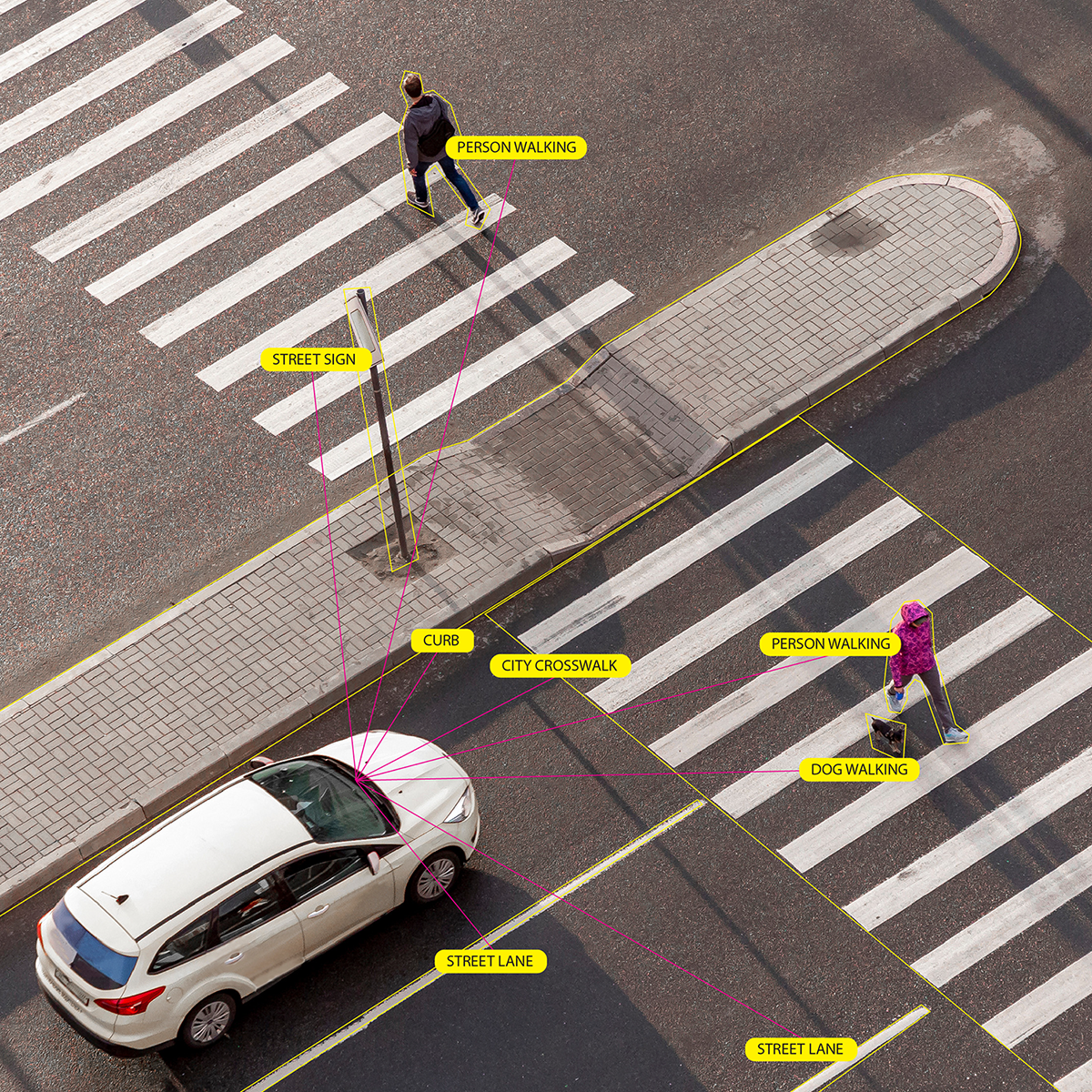
Enhancing Safety Through Perception: The Role of Sensor Fusion in Autonomous Driving Training
Autonomous vehicles need to interpret their surroundings accurately and make informed decisions in real-time. Sensor fusion, a cutting-edge technology, holds the key to improving perception and safety in autonomous driving.
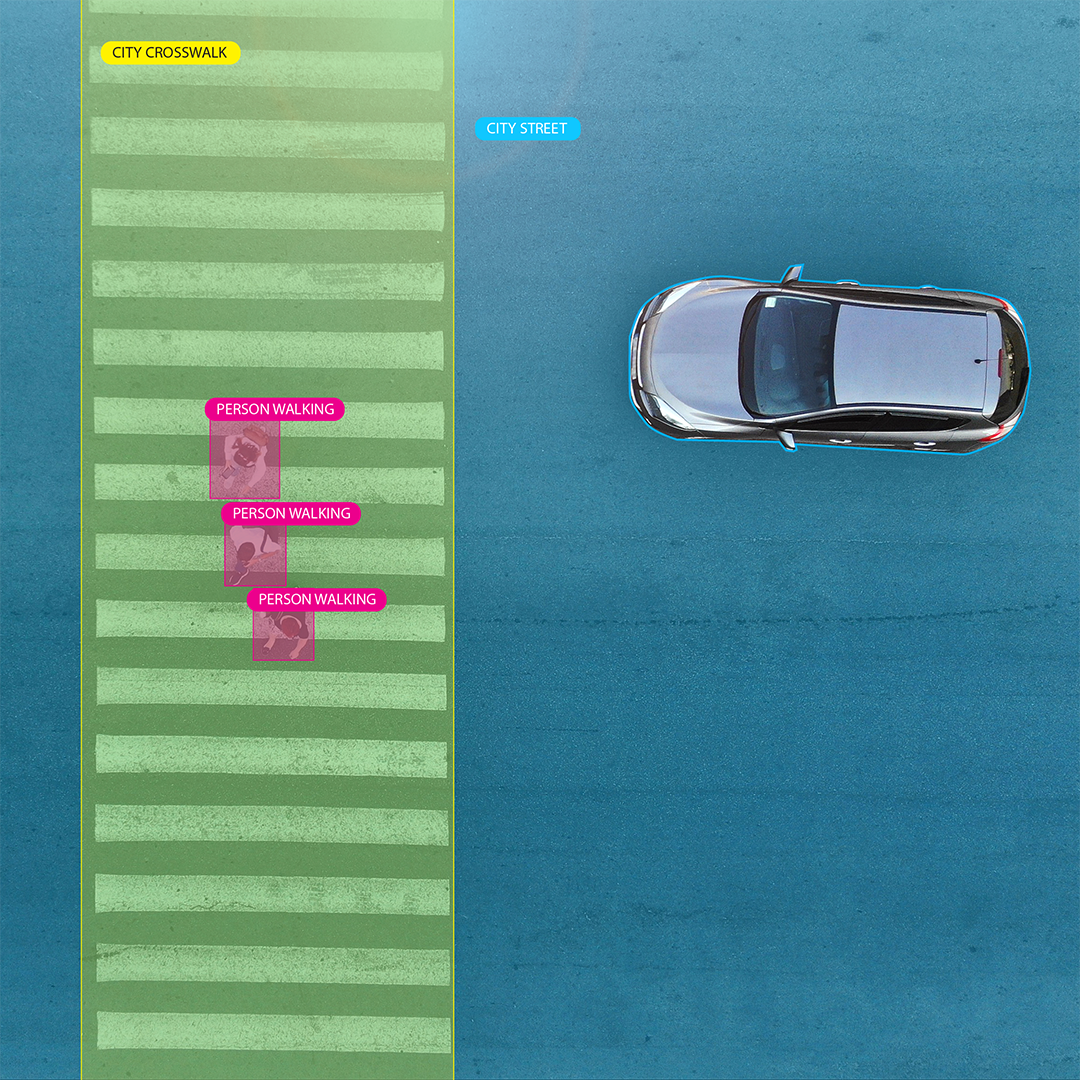
High-Quality Training Data for Autonomous Vehicles in 2023
How is this training data obtained? Who can help you gather high-quality training data for autonomous vehicles in 2023? In this guide, we'll discuss all of that. So, let’s begin!
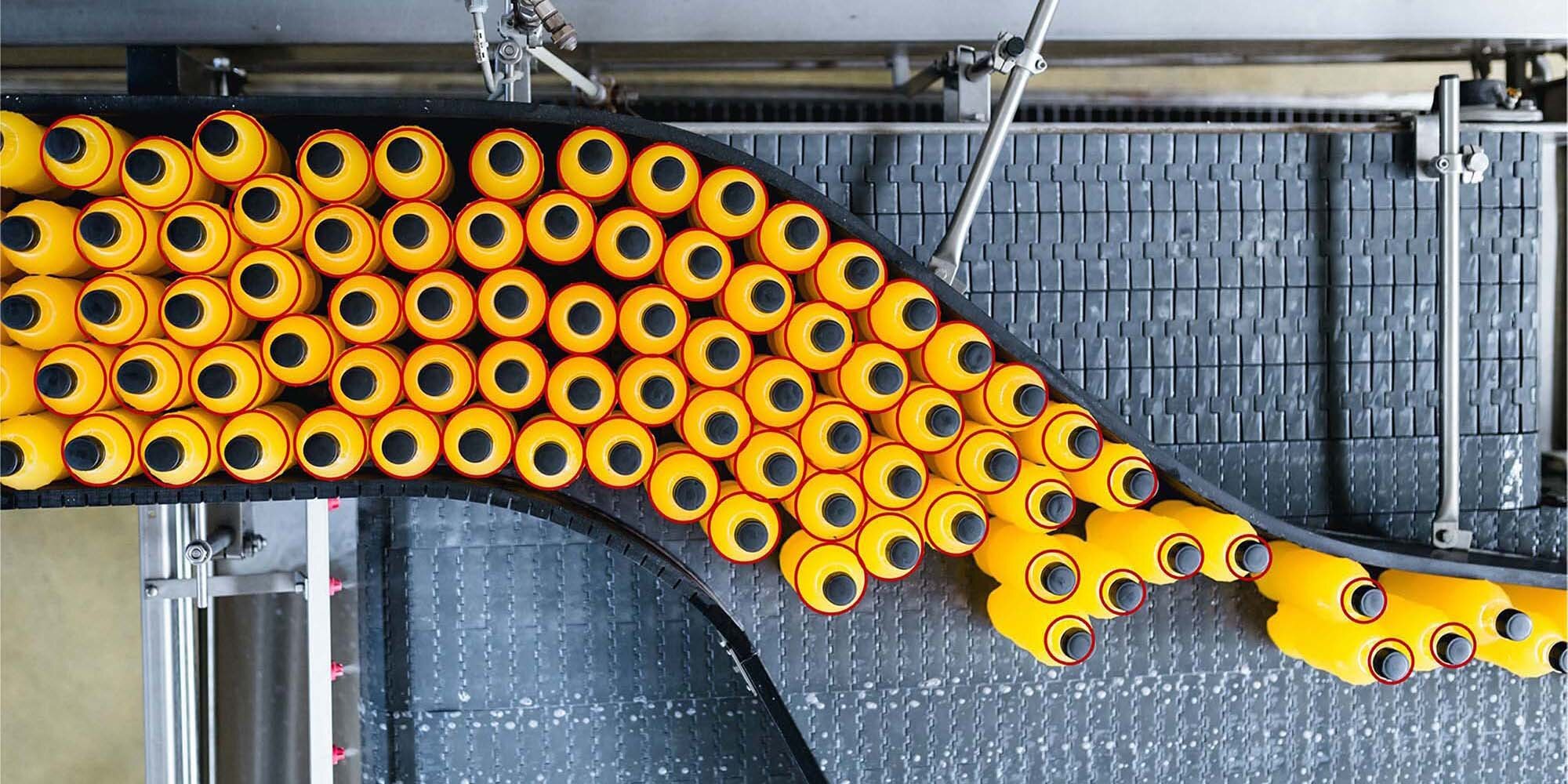
Everything You Need To Know About Computer Vision
Computer vision has made it possible to detect and label objects, being able to accomplish tasks that humans can’t.

4 Major Regulatory Hurdles in the Autonomous Driving Space
Regulations for autonomous driving typically focus on two key areas: safety and performance. This article is mostly focused on the regulatory and legislative hurdles regarding safety of automated driving and autonomous vehicles.

Determining The New Gold Standard of Autonomous Driving
Emerging standards are beginning to regulate how manufacturers approach navigation, safety, and AD modeling quality. These standards also influence policy creation, technology use, and the general framework for AD systems. Creating standard systems for these AD models will lead to a more uniform approach toward autonomous driving models.
Sign up for our blog today!






